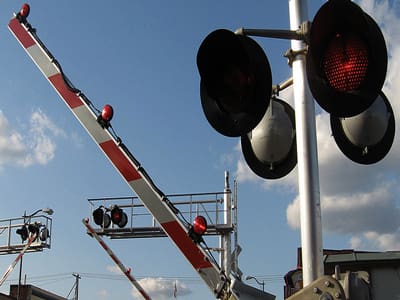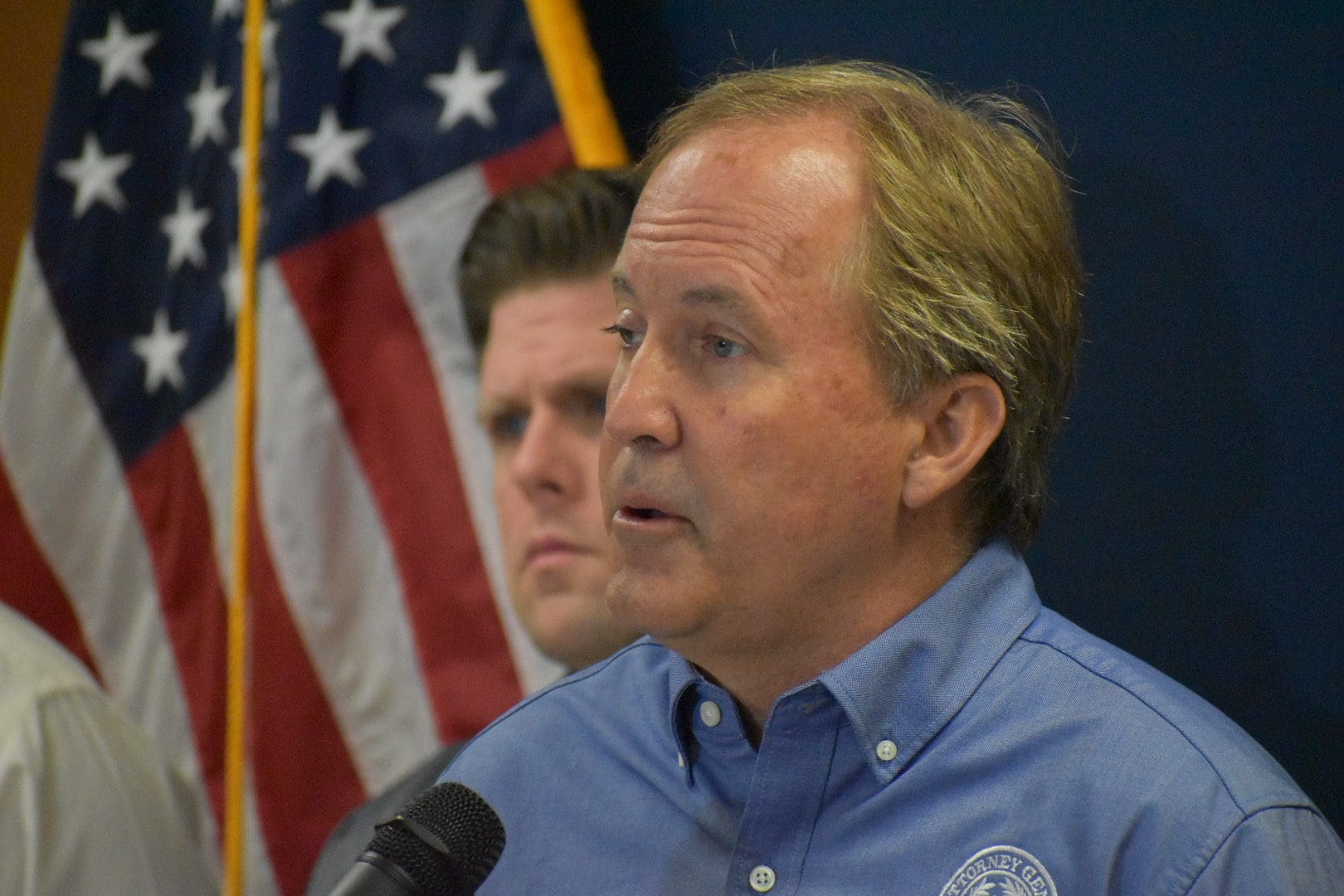With news that the Texas Department of Transportation is exploring a new passenger rail line from Austin to Houston, taxpayers should be frantically clinging to their wallets. If history is any indication, it’s going to have a boondoggle of a price tag.
Earlier in the week, Texas Department of Transportation officials announced plans to explore plans to build a passenger rail line from Austin to Houston. The estimated cost of this new taxpayer funded project is only $1 billion.
But that’s not the cost of the entire route to Houston. The high-speed trains, estimated to run at 110 mph, would stop in Hempstead, a mere 53 miles away from downtown Houston. A new, slower, commuter line would need to be built connecting Hempstead to Houston.
 Of course, TxDOT did not include the cost estimates of a Hempstead to Houston line in their study.
Of course, TxDOT did not include the cost estimates of a Hempstead to Houston line in their study.
While this still may sound cheap if you’re comparing it to California standards, consider that their commuter-rail project was first sold at a price tag of $33.6 billion in 2008. In only four years, they’re running 13 years behind schedule with a price tag closer to $98.5 billion.
That alone should warn Texas to stay away from these “mass-transit” projects.
But California’s mistake isn’t the only thing telling taxpayers this isn’t a good idea. Edward L. Glaeser, a professor of Economics at Harvard University and a fellow at the Manhattan Institute, has already analyzed the proposed rail line from Houston to Dallas/Fort Worth. His findings indicate that the Houston to Dallas/Fort Worth line is going to run $500 million in the red every year.
A line from Houston to Austin surely won’t do any better.
And let’s not forget that this initial estimate is only for the construction of the line, it does not account for annual operations and maintenance. A line from Austin to San Antonio that’s already being studied is expected to incur tens of millions of dollars in annual operating costs. One can safely assume those costs will be even higher for a line running from Austin to Houston.
So far, taxpayers have already footed the bill just to study commuter rail across the state to the tune of $25 million. With no evidence these projects will actually improve traffic or travel efficiency above driving or flying, we shouldn’t waste any more tax dollars, on research or construction, to find out what the real costs will be.





